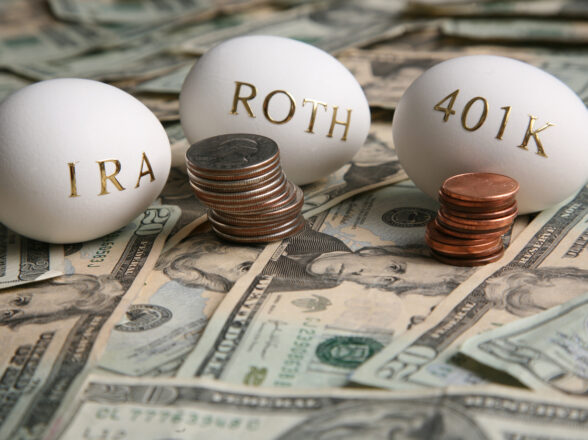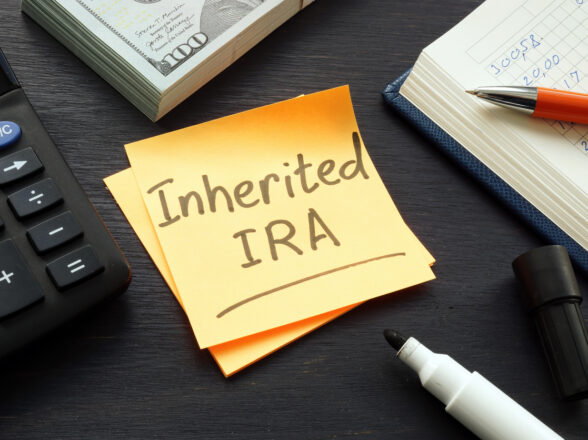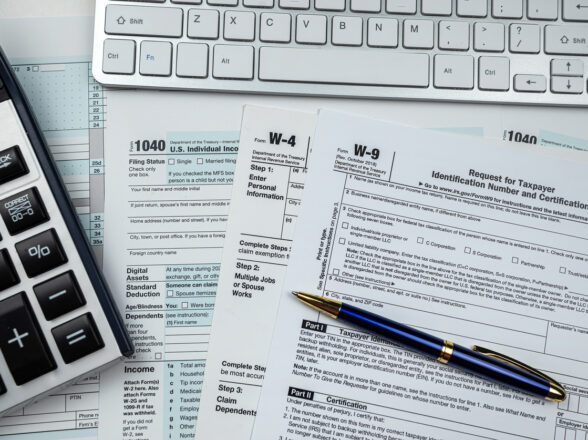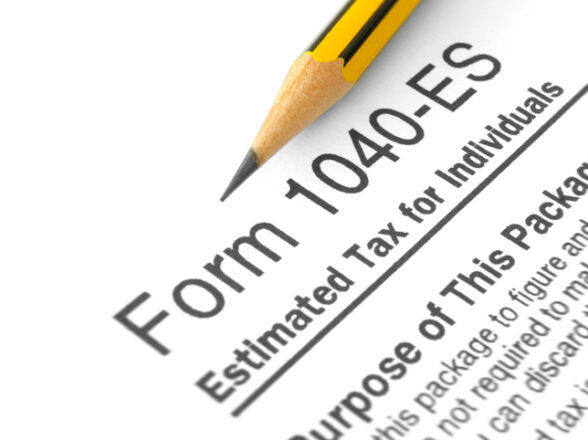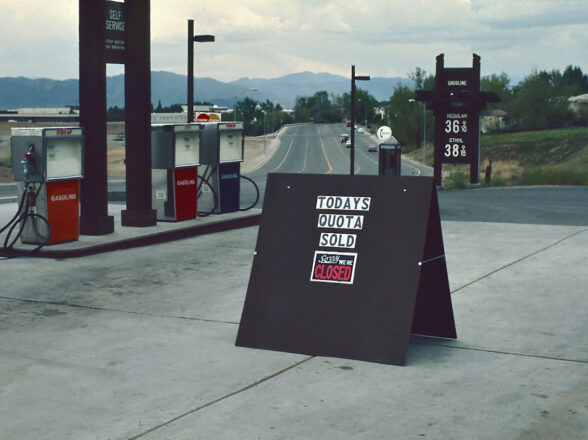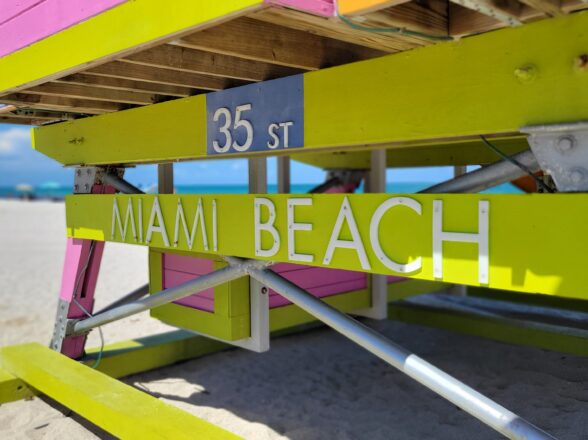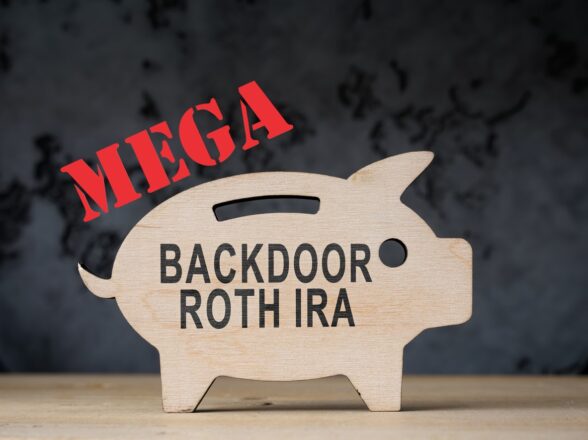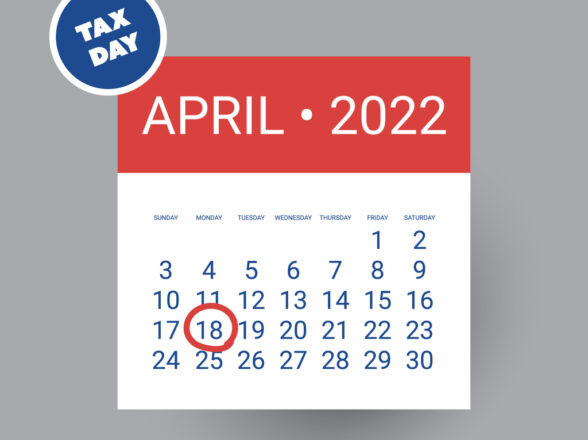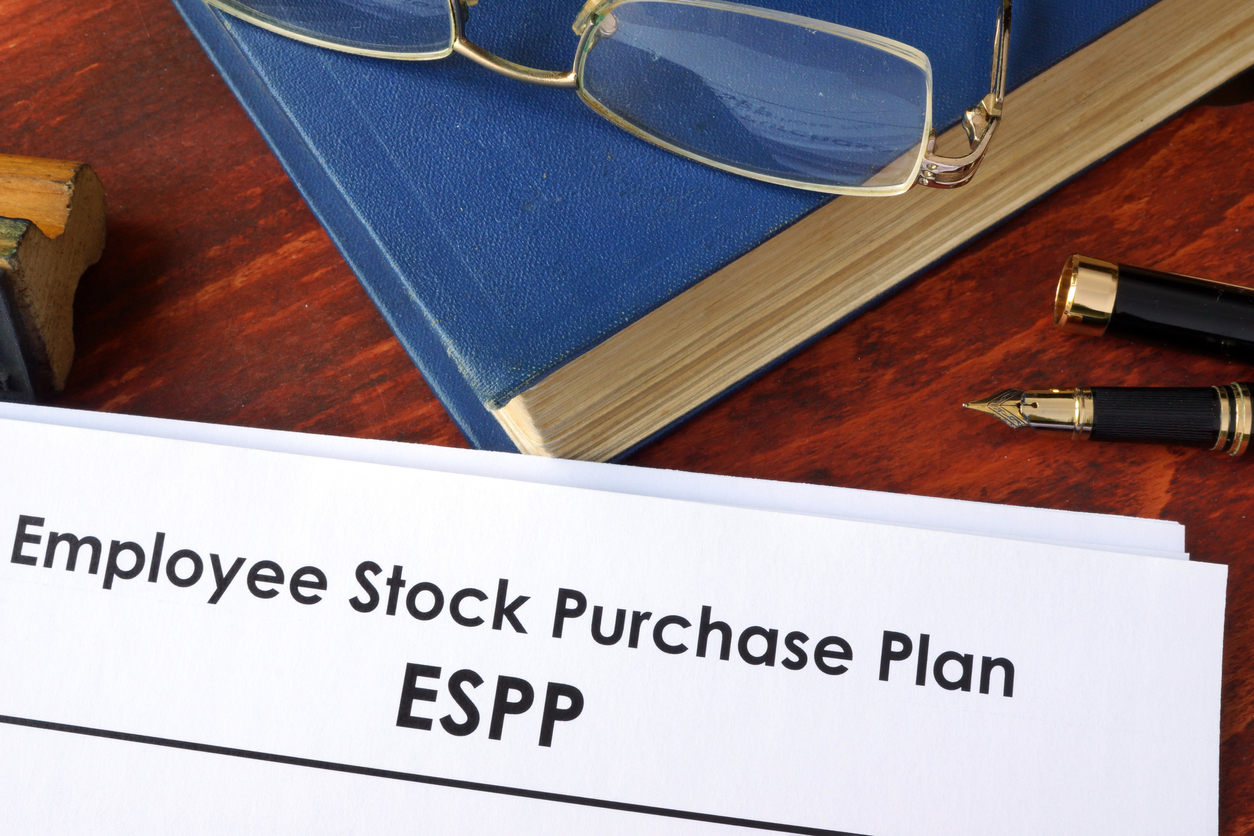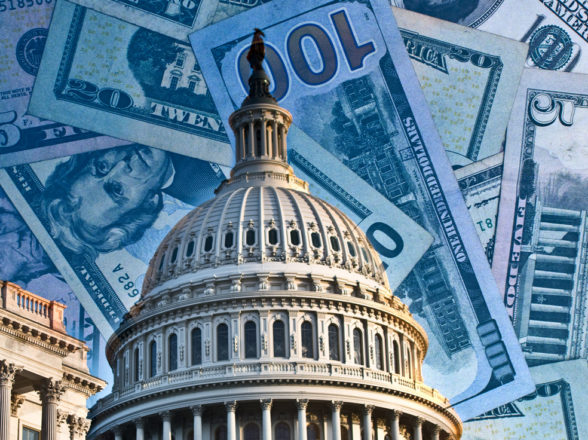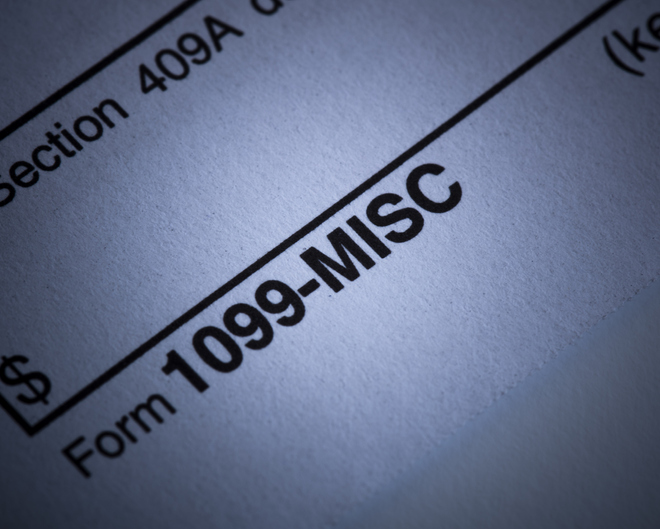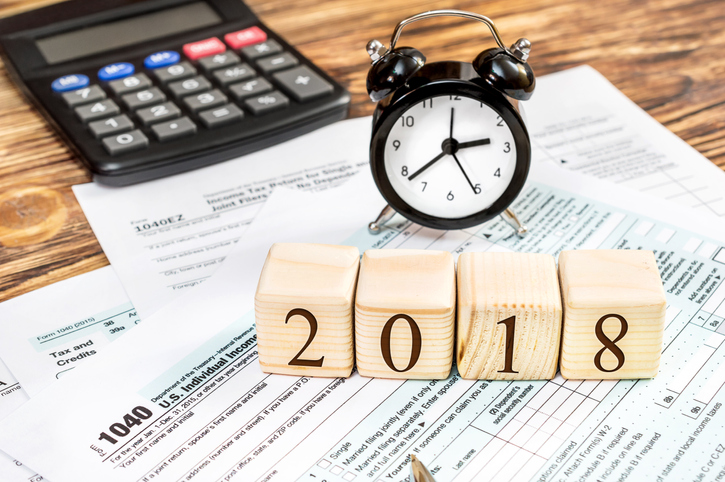Blog
Section 1202: Optimize Your Outcome with Closely Held Stock
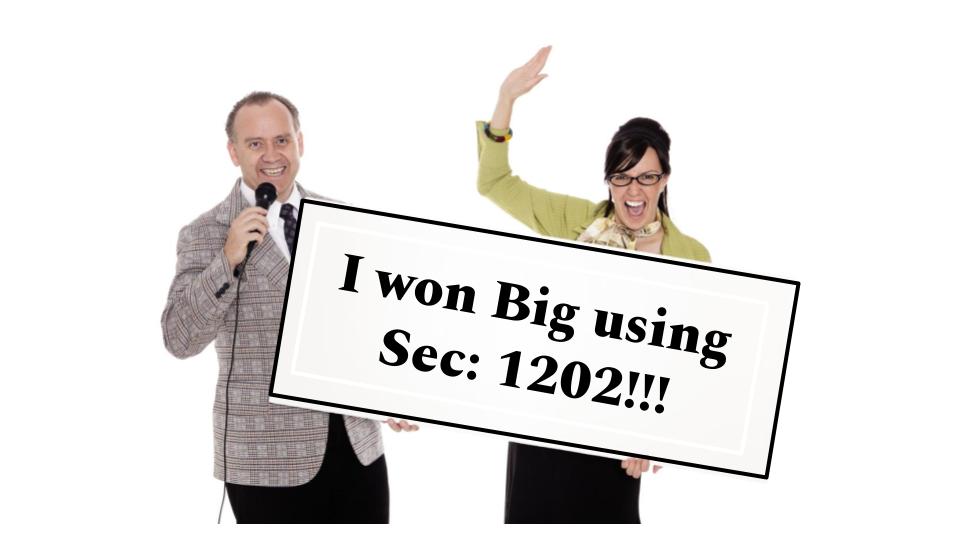
Section 1202: Opportunity to Win Big in Stock
Most investors have been unaware of the details in Section 1202 of the Internal Revenue Code (IRC), which provides taxpayers within qualifying C corporations incentives. The provisions in Section 1202 (Small Business Stock Gains Exclusion) have made it the go-to tax planning strategy for selling shareholders. The chief logic behind such a move would be to cushion taxpayers from any possible surges in capital gain tax rates for stock.
In this guide, we look in-depth at Section 1202 and what it means for non-corporate taxpayers. We also discuss the tax benefits of the qualified small business (QBS) stock gain exclusion and the core qualifying requirements.
As a reminder, Infinium Investment Advisors, LLC does not provide tax and legal advice. Always consult your tax advisor before making any financial decisions.
What is Section 1202?
Section 1202 is a tax incentive program where investors can exclude capital gains generated from the sale of qualified small business (QSB) stock. It is vital to note that these tax exclusions can be issued on some or all of the gains and that these assets must have been owned for at least five years.
To understand how Section 1202 came about, it is crucial to mention that it was part of the tax credits introduced under the Protecting Americans From Tax Hikes (PATH) Act. Under the PATH Act, President Obama extended or restored several tax credits for individuals, businesses, and families. The legislation is operational to date, and under the Act, the Small Business Stock Capital Gains Exclusion of Section 1202 became permanent.
So, who does Section 1202 affect? Section 1202 provides non-corporate taxpayers with incentives to put money into small businesses. The federal income tax exemptions on capital gains can only be applied to a small business stock sale. When such stock has been held for at least five years, some amount of the realized gains after its sale will be excluded from federal tax.
There are several requirements to be met, as explained in the next section.
Requirements for the Section 1202 Gain Exclusion
The following conditions can be divided into shareholder-level and corporation-level requirements. However, we have bundled them together to ease understanding.
- Shareholder Eligibility
The stock in question must be held by a non-corporate shareholder, whether directly or indirectly. The shareholder can be an individual, estate, or trust. Some extra federal demands must be met if the shareholders function as partnerships or S corporations.
- The Stock Holding Period
Another consideration is the holding period. As has been stated, the shareholder(s) must have held the stock for at least five years before the selling date. For example, if the stock had been issued on January 1, 2005, it would only be eligible for Section 1202 federal tax exemptions after January 2, 2010. The holding period is still the exchange date if the stock has been owned in a swap for a non-cash property. Stakeholders can identify if their stocks meet this threshold by tacking on preceding holding timelines. This process is essential if it had been gotten from stock conversions, exchanges, or inheritance.
- Original Issuance of Stock
The Small Business Stock Capital Gains Exclusion of Section 1202 further demands that the stock must have been acquired by the taxpayer after August 10, 1993. Still, on this point, the taxpayer cannot acquire the said stock from another shareholder – the purchase or exchange must be made from the company. However, an individual who had obtained the stock at the original issuance can gift the taxpayer who wishes to qualify for the Section 1202 tax exemption.
- Corporation Eligibility
Here, the federal government looks at the time of issue and the entirety of the taxpayer’s holding period. So, what is an eligible corporation under Section 1202 gain exclusion? The federal government allows all domestic C corporations. Although S corporations are non-eligible, LLCs that pay taxes as C corporations are. In addition, the company’s headquarters must be located within the United States.
- Gross Assets Limitation
The law also stipulates that the corporation must have held less than $50 million worth of assets prior to and immediately after the stock issue. The federal government usually examines this admissibility by looking at the time of each stock issuance. For example, if the stock was issued when the corporation had less than $50 million in assets, the exemption still stands even if the asset base later exceeds the $50 million threshold.
- Qualified Trade and Active Business Requirements
The federal government demands that corporations wishing to be exempted under Section 1202 be focused on starting or already begun engaging in a qualified trade or business (QTB). All trades or businesses are qualified unless they are in these sectors:
- Personal services
- Financial
- Farming
- Oil, gas & mining
- Hospitality
- Real estate
In addition, corporations must engage more than 80% of their assets’ fair market value in the trade. For example, the corporation would still qualify if only less than 20% of the assets’ fair market value were used in real estate activities. The federal government would only have to consider whether the other 80% is being used in a QTB.
In a recent case, a Chief Counsel Advice Memorandum of November 4, 2021, ruled that companies offering brokerage services cannot be offered Section 1202 tax exemptions. The word “broker” was defined as any individual who acts as an intermediary and functions as another on commission. Brokers also typically negotiate contracts or act as intermediaries between potential buyers and sellers. Therefore, in the future, brokerage services will cease to fall under the QTB category.
- Redemption Transactions
Even if a shareholder meets all the other requirements discussed in this section, the law cannot qualify them if the shares are sold as part of a redemption process for another shareholder. Stock redemption occurs when a corporation exchanges its stock with a shareholder for cash or property.
Therefore, if the federal government identifies substantial redemptions a year before or after a stock issuance, the stock can be disqualified under Section 1202.
Special Considerations
It is important to note a significant exception that was made for stock acquired between February 18, 2009, and September 27, 2010. Under the American Recovery and Reinvestment Act, the government began excluding 75% of stocks purchased within this period, up from 50%. Here, the excluded stock attracts an additional tax called the Alternative Minimum Tax (AMT), which targets individuals with considerable income tax exemptions. However, with the latest amendment, there is a 100% exclusion if the stock was acquired after September 27, 2010.
Another special consideration is that $10 million is the total amount of gain that the federal government can exclude under Section 1202. The government will also allow exemptions for ten times the stock’s adjusted basis.
Types of Qualified Small Business Stock (QSBS)
A qualified small business stock (QSBS) offering enables qualified startups and existing businesses to augment their business processes by raising initial or additional capital. QSBS can also recompense workers when a business’s cash flow is low or enhance employee retention for business scaling and survival.
Combining Section 83(b) Election and Section 1202: Is It Necessary?
Sometimes, investors ask whether it is necessary to file for Section 1202 exemptions when one has already filed for an election under Section 83(b). An 83(b) election enables executives, founders, or B2B service providers to access tax savings when they receive shares from the company over time (vesting). When one files for an 83(b) election, the federal government taxes them on the stock’s total fair market value when the stock is granted instead of when it vests. It follows that by the time the stock has vested, the individual has already cleared the income taxes.
So, is it necessary to combine Section 1202 and Section 83(b) exemptions when one already has Qualified Small Business Stock benefits? The main argument is that QSBS tax exemptions have already benefited the individual, so there is no need for Section 83(b) exemptions.
Section 83(b) billing begins on the Section 1202 five-year holding period. It has already been stated that QSBS exemptions can only be issued if the shareholder has held the stock for a minimum of five years. Therefore, the benefits differ because it depends on whether an individual has already benefited from QSBS tax exemptions before they vest the stock. The five-year holding requirement also depends on whether the individual has already elected under Section 83(b) election or not.
Bottom Line
In this guide, we have shown how to save a bundle on closely held stock under Section 1202. Section 1202 (Small Business Stock Gains Exclusion) incentivizes taxpayers within qualifying C corporations. This benefit has made this approach the go-to tax planning strategy for selling shareholders.
To qualify, you must understand the various requirements regarding shareholder eligibility, the stock holding period, original issuance of stock, corporation eligibility, gross assets limitation, qualified trade and functional business requirements, redemption transactions, and any special considerations. You can also consult whether combining Section 83(b) Election and Section 1202 is valuable for you.
Infinium Investment Advisors, LLC does not provide tax and legal advice. Always consult your tax advisor before making any financial decisions.
























